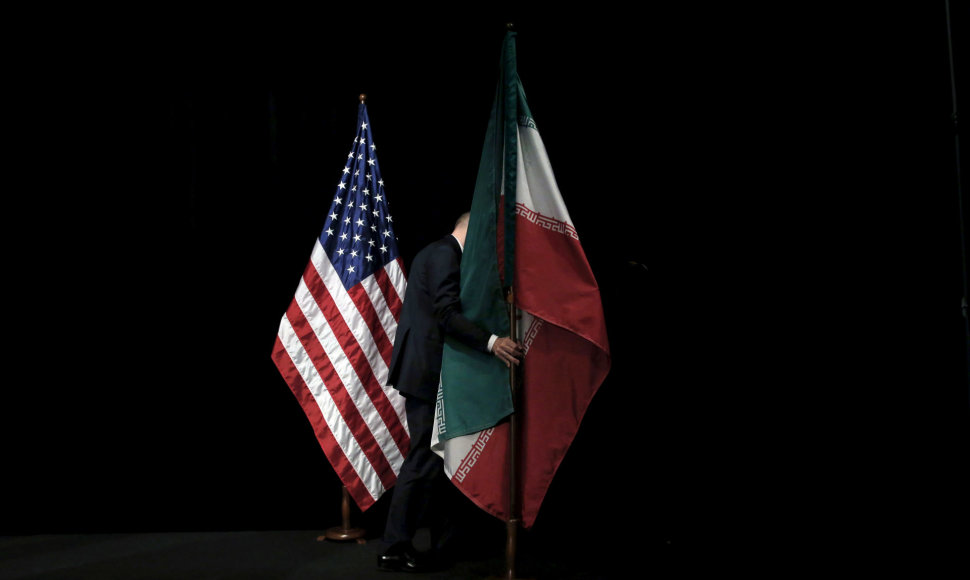The above enforcement actions may be applied where a natural or legal person has knowingly engaged, on or after May 8, 2019, in a significant transaction for the purchase, acquisition, sale, transport, or marketing of iron, iron products, aluminum, aluminum products, steel, steel products, copper, or copper products from Iran. The same applies to the sale, supply, or transfer to Iran of significant goods or services used in connection with the iron, steel, aluminum, or copper sectors of Iran as well as having materially assisted, sponsored, or provided financial, material, or technological support for, or goods or services in support of any person who is already on the US sanctions list, or may be added to the list for direct and indirect links to Iran‘s metal industry. These prohibitions encompass a very wide scope of products, services and technology, including raw material, scrap metal, equipment and technology used in connection with mining, refining, processing, smelting, manufacturing processes etc.
As Rūta Sakalauskaitė, sanctions expert at ECOVIS ProventusLaw, has pointed out, „although the laws governing US sanctions are not legally binding on companies organized under the law of Lithuania, due to the central role the US plays in the world‘s trade and financial markets, they have a global reach. Moroever, the European Council‘s statute aimed at protecting EU operators from the extra-territorial application of the US laws applies in rare instances only. In this case, the US enforcement actions may be applied regardless of the currency, country of operation, and in spite of the fact that they are allowed under the EU or Lithuanian law. There are two possible worse-case scenarios. One is where a Lithuanian entity is added to the US sanctions list which effectively means its exclusion from the main network of global trade and financial markets. Another is where its business partner is added to the list, the funds and property are frozen which makes it almost impossible to conduct business with such a partner. The above mentioned EU statute does not offer any protection from the effects of this paticular US sanctions program, „ says R. Sakalauskaitė.
Experts at ECOVIS ProventusLaw take note that sanctions violation may occur when conducting business with persons that are not on any sanctions lists and that are legally operating in the EU or other countries but are directly or indirectly owned or controlled by, or act on behalf of, the largest Iranian metal industry companies, e.g. Khouzestan Steel, Mobarakeh Steel Company etc.
R. Sakalauskaitė warns those who believe that these sanctions can be evaded not to have false hopes. Enforcement actions may be applied to deceptive practises and sanctions circumvention, such as conducting business via front companies.
This year, the Office of Foreign Assets Control (OFAC) of the US Department of Treasury designated several trade, transport and metal companies in China, Oman, the Seychelles, Germany for direct and indirect transactions in connection with Iran‘s metal industry. The risk is real and the consequences may be fatal, therefore, experts advice companies to not only perform checks on sanctions lists but also assess the risk of all parties to the transaction and supply chain even when there are no apparent US nexus and where the EU laws do not prohibit such transactions.












